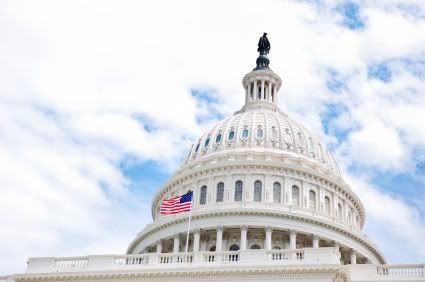The House of Representatives will likely vote this week on the Ratepayer Protection Act, legislation that seeks to cushion states from the enormous utility price spikes that would be the inevitable result of the Obama administration’s proposed Clean Power Plan.
The Environmental Protection Agency wants to require each state to create rules that would result in a 30 percent cut in carbon emissions from 2005 levels by 2030. Practically, this would create an artificial market for more expensive, green energy sources, at the same time establishing a bias against cheaper traditional fuels.
The costs, as we have noted, are huge. A study last fall published by National Economic Research Associates found that almost all states would see a double-digit increase in utility costs. Altogether, it found, compliance costs could rise as high as $479 billion.
“Forcing states to change from low-cost, reliable traditional fuels to high-cost, less reliable energy sources such as solar and wind power could cause energy prices to skyrocket,” the National Taxpayers Union wrote in a letter to Congress earlier this year. “This would hurt not only individuals and families, especially low-income consumers who spend a greater proportion of their income on energy costs, but also manufacturers and industries which rely heavily on energy consumption.”
The Ratepayer Protection Act would allow states to halt implementation until judicial review had been completed, taking into account all legal challenges.
A federal court last week rejected a challenge to the proposed regulations brought by the energy industry and 14 coal-producing states on the basis that it was premature. But as the EPA prepares to unveil its final proposed regulations later this summer, a multitude of legal challenges from both the energy industry and states will soon follow.
The Ratepayer Protection Act would also counteract against the EPA’s efforts to impose state-level emissions goals and to force states to develop policy to meet them. As long as governors determined such policies would cause harmful price increases for consumers or jeopardize the reliability of the state’s electricity grid, the Ratepayer Protection Act would give states a pass against such EPA overreach.
Congressional action is appropriate to reign in the Obama administration’s ambitious emissions-cutting regulations. Already, the EPA has estimated the cost of the Clean Power Plan alone would be roughly equal to all Clean Air Act Rules promulgated by 2010. Instead of allowing the President to enact such an economically disruptive policy by executive fiat, Congress should act to limit the damage.


